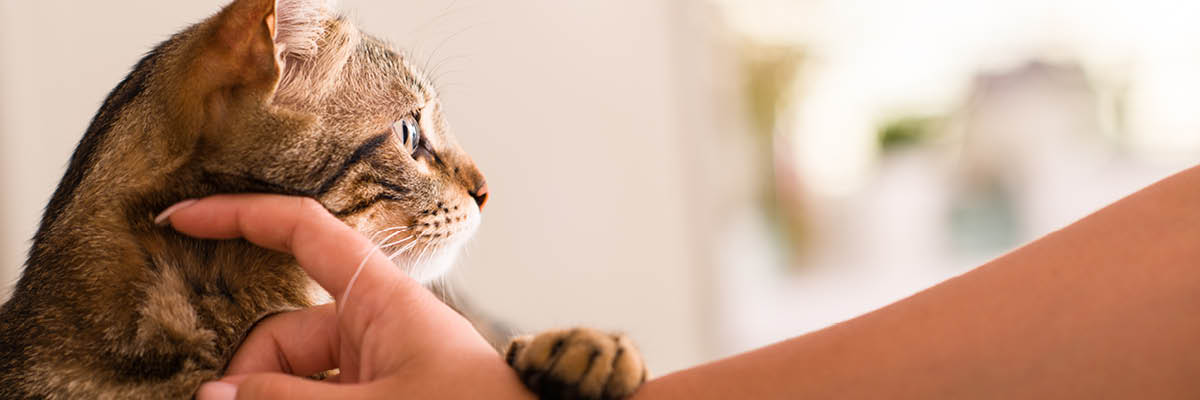
What vaccines do cats need?
When do kittens have their first injections?
New kittens need two sets of vaccinations – one set at 8-9 weeks old, and then a top up three to four weeks after their first injection. Make sure to keep your kitten indoors and away from other cats or kittens for seven days after their injections to ensure their immunity builds properly.
Cats will usually get a booster vaccination once a year after their first set of injections to keep them healthy.
How many vaccinations do kittens need?
Your kitten’s first vaccinations will give them a base-level immunity against the most common diseases, including:
- Feline enteritis (feline panleukopenia)
- Feline influenza (cat flu)
- Feline leukaemia virus (FeLV) – this is only needed if your cat goes outside, or is in contact with cats or kittens that go outside
If you take your cat or kitten abroad, they may need further vaccinations to travel. Check this with your vet before booking your flight.
Cost of kitten vaccinations and neutering
Cat vaccinations and neutering are not usually covered by pet health insurance. This means you would need to cover these costs yourself. However, you can also ask your vet to recommend pet health club plans and subscriptions that could help spread the cost of annual vaccinations and other treatments, instead of paying as you go.
According to the Society of Practising Veterinary Surgeon’s (SPVS) 2021/2022 survey, the median cost for a kitten’s first set of vaccinations, including protection against feline enteritis, cat flu and FeLV, is £66.67. After that, the average cost of yearly cat vaccinations, including FeLV, falls somewhere around £45.26. The median cost of neutering comes in at around £80 for a pre-pubertal kitten.
If you have cat and kitten pet insurance, some cat vaccinations might be required for you to qualify for full cover. Make sure you read the terms of your pet insurance policy carefully or ask your insurer if you’re uncertain what vaccinations your pet needs.
Can cat vaccinations make them sick?
Cat and kitten vaccinations work by giving your pet a small sample of the disease to encourage their immune system to create antibodies. Once they have the antibodies, your kitten will be ready to fight the disease if they come across it again.
However, this does mean that your cat or kitten might experience some side effects, just like you might with a vaccination.
These common cat vaccination side effects are usually nothing to worry about, and will disappear in a few days:
- Low energy (sleeping more)
- Lack of appetite
- Fever (high temperature)
- Slight swelling where they had the injection
Some less common cat vaccination side effects might include:
- Twitching
- Itchy or inflamed skin
- Vomiting
- Diarrhoea
- Limping
If your cat or kitten experiences these for more than a couple of days, take them back to the vet for a check-up.
Rare cat vaccination side effects include:
- Swelling
- Difficulty breathing
- Cold extremities (ears, legs and feet)
- Seizures
- Rapid or pounding heart beat
- Collapse
If your pet shows these rare side effects, they may be having an allergic reaction and should be taken to the vet immediately.
Cat pet insurance can help give your cat or kitten the best possible care. Find out more about pet cover options and get a free quote today.
When you select ‘get a free quote’ you will be directed to the website of Royal & Sun Alliance Insurance Ltd (RSA). We only promote M&S Pet Insurance exclusively from Royal & Sun Alliance Insurance Ltd (RSA). We will introduce you to RSA who arrange, administer, and underwrite M&S Pet Insurance.
Vaccinations are not covered by M&S Pet Insurance. To learn more about what is and is not covered by M&S Pet Insurance read the policy wording for full details.
Published February 2023